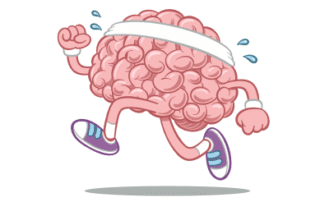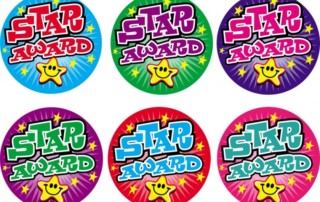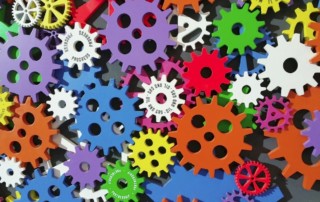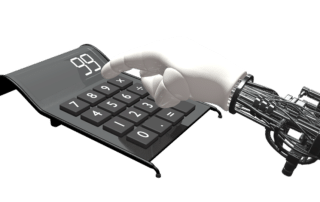Stop Chasing the Past: Improving Investment Decisions with Social Disclaimers
Mutual funds cannot consistently return better-than-average performance. Yet investors often pick their mutual funds based on past performance. Researchers Leonardo Weiss-Cohen, Philip Newall and Peter Ayton conducted a long-term Think Forward Initiative research project that sought to answer how their investment decisions could be improved.











